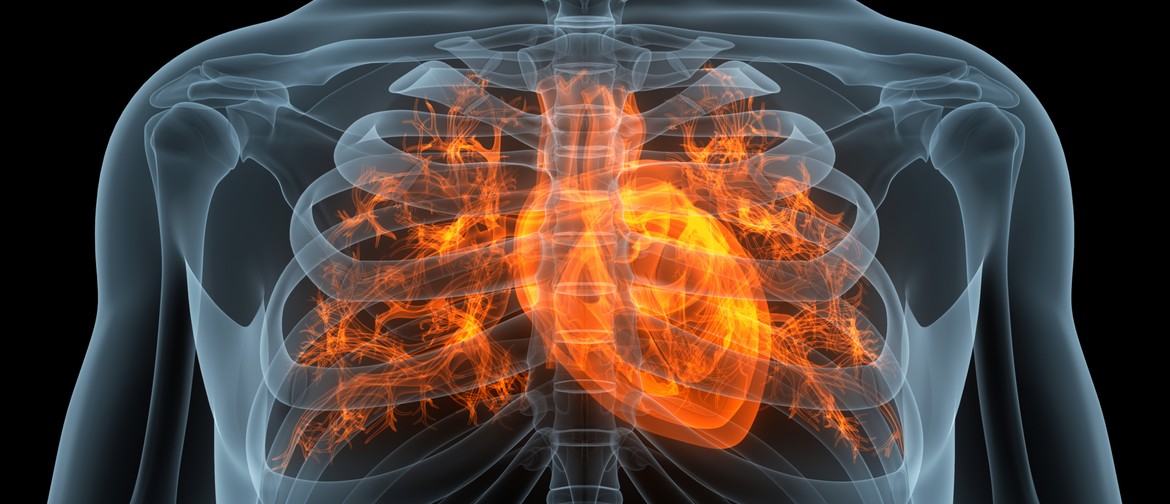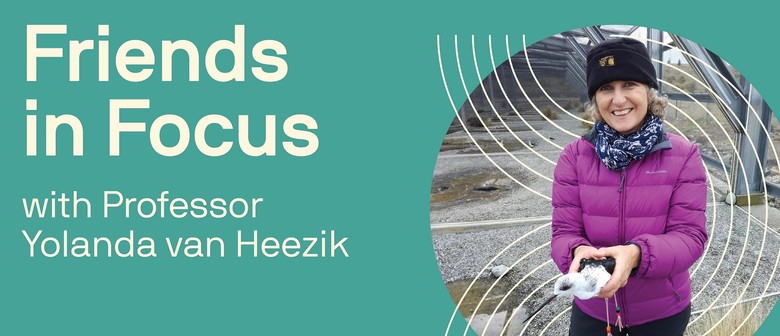The Physiology of Love and Grief
419 Great King Street, Dunedin, Otago
Ticket Information
Restrictions
Website
Listed by
Love, loss and grief can be a bumpy ride, causing both physical and emotional pain.
But can you really die of a broken heart?
Three experts in the field discuss the physiology of love and grief, love hormones, stress hormones, and emotions.
How a heart breaks How are emotions transmitted to the heart? What effect do they have? And can you die of a broken heart?
Dr Carol Bussey is a National Heart Foundation Research Fellow at the Department of Physiology, University of Otago, where she studies cardiac complications of type 2 Diabetes, neural regulation of the heart, and daily rhythms in heart function.
Love and loss: Can the love hormone mend a broken heart? The love hormone, oxytocin, promotes social relationships and oxytocin signalling is disrupted by loss. But can oxytocin overcome the emotional impact of loss?
Professor Colin Brown, Department of Physiology, University of Otago, chairs the Royal Society of New Zealand Marsden Fund Biomedical Sciences Panel. His research focuses on the regulation of oxytocin secretion and its effect on health.
Stress hormones and your brain Brain circuits control the release of stress hormones into the body. But how do these stress hormones then feed back to change brain function?
Dr Karl Iremonger, Department of Physiology, University of Otago, runs a research laboratory which studies how neural circuits in the brain control stress responses.
Log in / Sign up
Continuing confirms your acceptance of our terms of service.




Post a comment